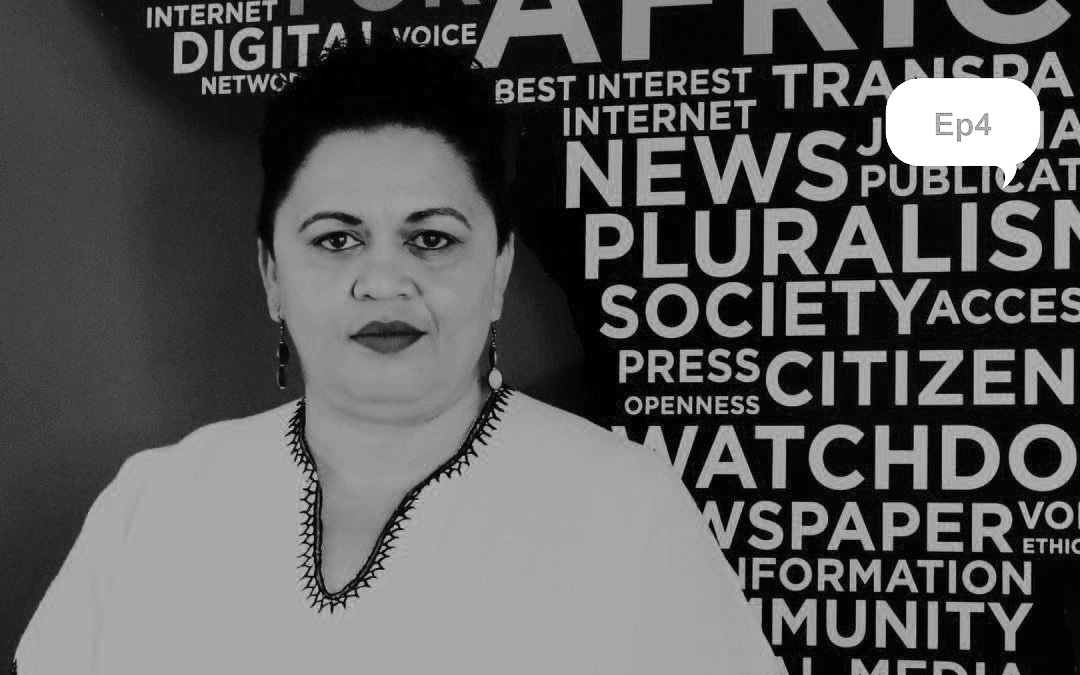Local media practitioners feel the access to information law in Namibia is long overdue. This comes after the Deputy Minister of Information and Communication Technology, Engel Nawatiseb, this week revealed that the legislation dealing with access to information has been signed off and is currently with legal drafters to ensure that provisions enshrined in the legislation are guaranteed.
The Access to Information Bill was signed off last week (September 9).
Namibian Sun editor Festus Nakatana feels the access to information law is long overdue in Namibia. He says it is actually a fundamental human right, which ought to empower members of the public and media practitioners with timely and accurate access to information.
According to him, the media remains the bridge between society and the state.
Essentially, Nakatana stated, an access to information law will result in greater transparency and accountability as journalists will get information from public institutions without much hindrance. “There will obviously be repercussions for those who refuse to hand over information. This augurs well for the media’s unending task to hold power to account in the interest of citizens,” he said.
Nakatana said press freedom is about much more than the absence of draconian laws or the suppression of the media.
He added that it is about the constant flow of information, whether it be controversial or not, or whether government wants to release information.
Hence, he feels there must accountability in terms of the release of information to the media and other interested parties.
Equally, he said, there must be political will when it comes to ensuring government’s compliance. Zoe Titus, strategic coordinator at the Namibia Media Trust, shared the same sentiments that the law is long overdue.
“The media has for hundreds of years been operating without an access to information law. Therefore, the access to information law is critical to the media, as it will improve the conditions under which journalists work,” Titus said.
According to her, when the trust started campaigning for the access to information law, it was with the understanding that the media has an interest in accessing information in the work they do. However, she noted access to information is important to all citizens broadly and it is the role of the media to disseminate such to citizens.
“You now have the right to and can ask for information. There is a responsibility from ministries and officials to provide the information. We hear that most records or information are just not available and cannot be made available in the format to be useful to the media,” Titus noted.
Nakatana wishes to see the media playing a more positive role by using state information to educate the citizenry of the Namibian nation so that everyone can have an engaged and informed electorate in the interest of democracy.
* Published in New Era newspaper. (Albertina Nakale)

